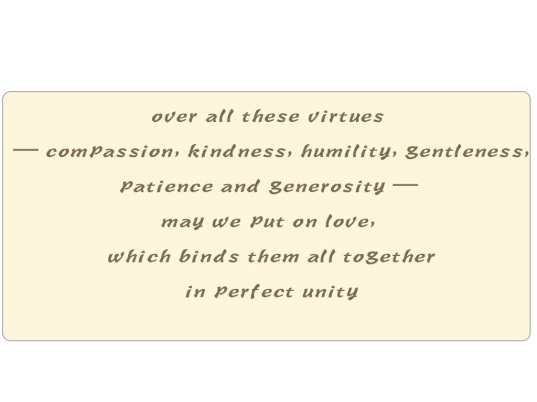[A video of the service where this was preached may be seen here:https://www.facebook.com/epiphanyucc/videos/1311760608846751 ]
Scripture: Psalm 27, Isaiah 9:1-4, Matthew 4:12-17, 1 Corinthians 1:10-18, 2 Corinthians 5:14-20
The week of prayer for Christian Unity was developed and is sponsored by the World Council of Churches and the Vatican.
This year’s theme for Christian Unity Week was developed two years ago by some German Christians, in response to conditions in Europe. But boy, I can’t imagine a better time to talk about reconciliation than right here, right now.
I started putting together the worship service about a week ago and started writing this sermon two days before the inauguration. As I wrote, I had no idea how the next few days of traditional ceremonies and parties, punctuated with protests and marches were going to unfold. But I’ve known for more than a year that our nation — our world — is heading into a crisis of divisions and discord.
I have alternated between wanting to engage in angry resistance to injustice and wanting to just hunker down and pray for release. Frankly, I am tired of witnessing people who disagree with each other descend into name-calling and worse. I’m tired of the “I’ve got mine” crowd, but I’m also tired of the “I’m so right” and “You’re a moron,” crowd too.
So when I saw that I had fallen into the Sunday in the midst of the week of prayer for Christian Unity, I was encouraged by the theme. The organizers took the title from Pope Francis, who cited Paul’s second letter to the Corinthians. The Love of Christ Compels Us.
But lets start at the beginning. We began our scripture reading today with a psalm lament. Aside from it being one of the lectionary scriptures, what does a psalm pleading, “Do not forsake me” have to do with reconciliation?
I would say that reconciliation probably should begin with lament, with an expression of fear, because fear is behind so many of our divisions and harmful acts toward each other. Even greed could be traced back to the fear of not having enough, or the fear of someone else getting more than you or beating you in some competition for scarce resources. Before we can conquer our fear and reach out to someone else, we have to name and face our fear and realize the source of the threat.
The psalmist faces fear by recognizing God as the “stronghold of my life.” And with that kind of support, “of whom shall I be afraid?” he says. Indeed. In these scary times, we need reassurance. We ask, are you with me, God?
We touched on the Old Testament reading from Isaiah in our second hymn, when we sang, that “God rescues us from fear.” “Through holy prophets, God has sworn to free us from alarm, to save us from the heavy hand of all who wish us harm.” The people Isaiah was addressing really had it tough. And a lot of them would have scoffed at the idea that God was saving them, as they were dragged off to Babylon to be slaves.
The lectionary Isaiah passage includes the verse, “the people in darkness have seen a great light.” We read this verse at Christmastime and see in it a description of what Jesus brought to the world. In fact, it’s quoted in today’s gospel reading.
But Isaiah was writing about a different event. A return of the exiles from Babylon. They’d been in darkness. In fact, many of the returnees were too young or weren’t born yet to remember their time in Israel. And many had died in exile.
Understand — they did not return from exile because they won a battle. In fact, they had just been transferred from one conquerer to another, from Babylon to Persia, who defeated Babylon. Cyrus, the Persian leader, didn’t release them because they rose up in rebellion. He sent them home, scripture tells us, because God softened his heart.
The people who returned from Babylon had been transformed. Judaism would never be the same — and that was a good thing. Defeat and exile brought them together and made them depend on God, in a way that ordinary worldly success and comfort could never do. In exile, they lost their possessions and their status and their power. All they had were their scripture, their traditions and each other, and God.
Isaiah and the prophets didn’t actually promise that the people would never experience hard times. Just that God would deliver them . . . eventually. And they would be stronger, with a stronger trust in God and a better understanding of what is important.
I’m reminded of the movie, “Independence Day” with Will Smith and Jeff Goldblume. The plot is familiar: the world is attacked by aliens and the heroes and heroines are challenged to defend their planet. The scenes that stick in my mind are the little vignettes of people all over the world — in India and Europe and Africa as well as America — first, suffering the attack and then . . . banding together to fight back. No bickering, no talk of letting the marketplace determine the winner, no ideological arguments over who is God (or where is God). They had a common enemy and a common goal.
Is having a common enemy the only way to begin to share a common goal? If that were the case, in our day and age, climate change would appear to be the kind of common enemy that could unite the world to work together. But that’s not happening so far — at least on a scale broad enough to include all of our leaders and fellow Americans.
In fact, the divide and conquer strategy, much older than Julius Caesar who articulated it, depends on people identifying others as their enemy. One group’s “common enemy” designed to bring people together could well be another group with whom they should be joining, rather than fighting.
The term reconciliation assumes there is a division to heal. And humanity is full of division — tribalism, distrust of strangers, patriarchy and hierarchies that elevate some over others, giving power to a few and subjugation to the rest. It happens in nations, but it happens in communities and families as well.
Even churches. Paul begins his first letter to the church in Corinth by referring to the factions arising in that small group.:
My brothers and sisters, some from Chloe’s household have informed me that there are quarrels among you. What I mean is this: One of you says, “I follow Paul”; another, “I follow Apollos”; another, “I follow Cephas”; still another, “I follow Christ.” Is Christ divided? Was Paul crucified for you? Were you baptized in the name of Paul?”
How to bring light to that darkness of division? Notice, in the gospel story Jesus reacts to John the baptist being imprisoned by starting his ministry. He doesn’t rally the folks to free John or to resist the Romans. He says, “the people walking in darkness have seen a great light. . . Repent for the kingdom of heaven — or the reign of God — is near.” Now, John was a charismatic leader and he was imprisoned and then executed. That’s darkness enough to dash the hopes of his followers.
So how does Jesus counter that? He says the darkness is over; the light has come. He calls followers, telling them he will send them to “fish for people,” to cast the net of love and draw people in, to gather them together, rather than divide them.
In this passage, Jesus preaches and teaches, telling “the good news of the kingdom at hand,” the gospel writer tells us, and “healing every disease and sickness among people.” Elsewhere the gospels tell us that he said love your enemies and do not return evil for evil. He urged people to seek the common good, to look out for the least — the poorest and neediest among them.
Not many gospel writers tell of the scoffers who probably said such an approach was naive and would never work, the cynics who pointed out that the powers that be would never stand for Jesus’ call for justice and kindness, that they’d probably kill him first.
Hmm. Well, they did kill him. He just didn’t stay dead. And that’s the most revolutionary thing of all. How do you defeat a person or a group of people with death threats if they no longer fear death? I believe that’s the basis of the concept that Jesus died for all of us. He died to show us that if we don’t fear death, it has no power over us.
So we get to Paul’s second letter, which is the scripture basis for this year’s Christian Unity theme. Paul wrote,
“For Christ’s love compels us, because we are convinced that one died for all, and therefore all died. And he died for all, that those who live should no longer live for themselves but for him who died for them and was raised again.”
And when I read that passage and many others I am reminded that Jesus told his followers more than once in many ways, “Love one another as I have loved you.”
Or as Paul says, and Pope Francis reminds us, “Christ’s love compels us.” Compels us to treat each other with love, to seek the common good of all, to forget ourselves and our petty concerns for possessions or power, especially power over others.
Reconciliation is a way to acknowledge that love, by healing the divisions and tearing down the walls.
[The sermon was followed by a Liturgy for Prayer for Christian Unity ]

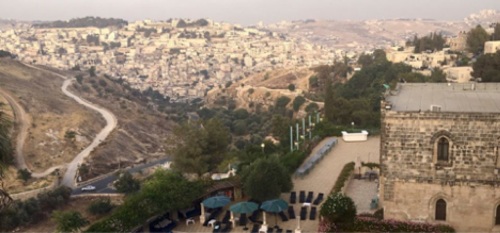
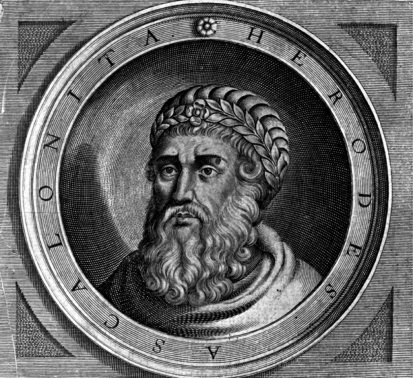
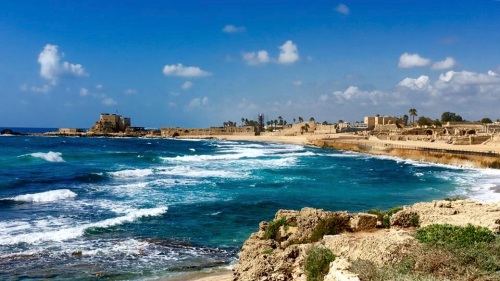 Barry Gilbert
Barry Gilbert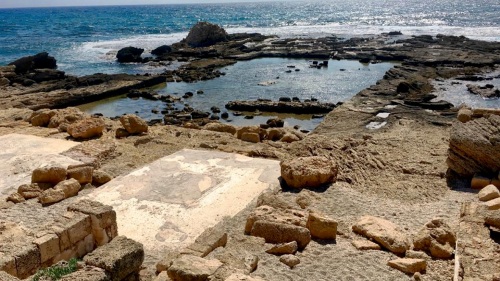 Barry Gilbert
Barry Gilbert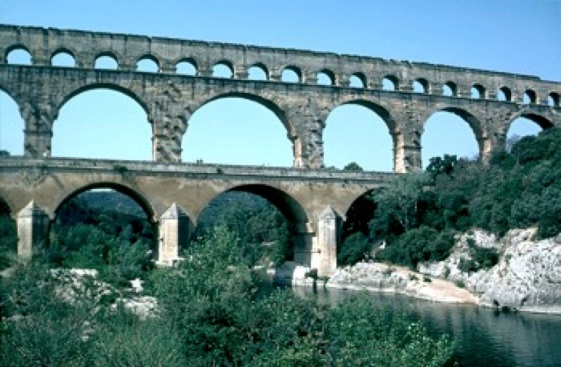
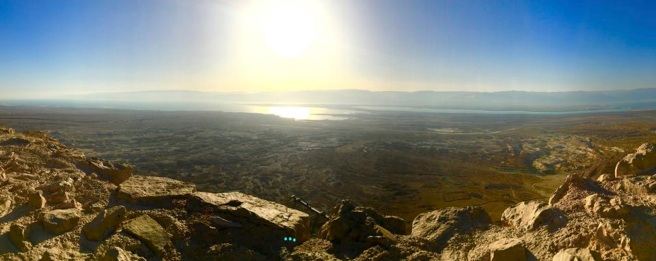 Barry Gilbert
Barry Gilbert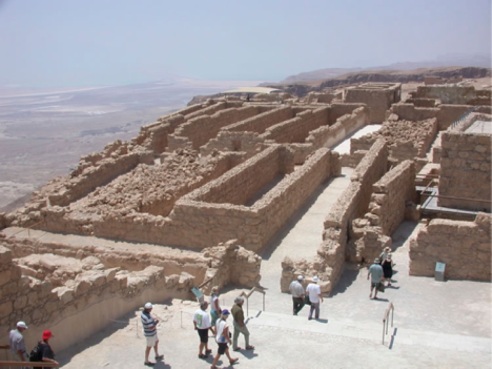 Internet stock photo
Internet stock photo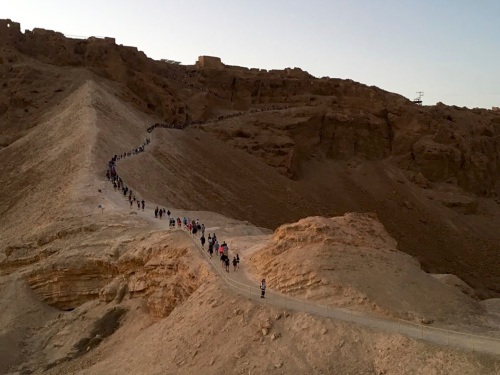 Barry Gilbert
Barry Gilbert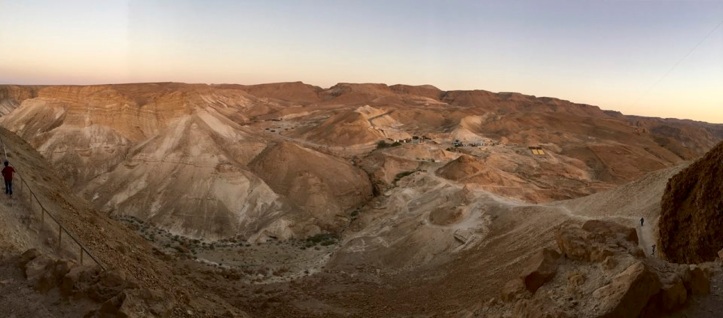 Barry Gilbert
Barry Gilbert
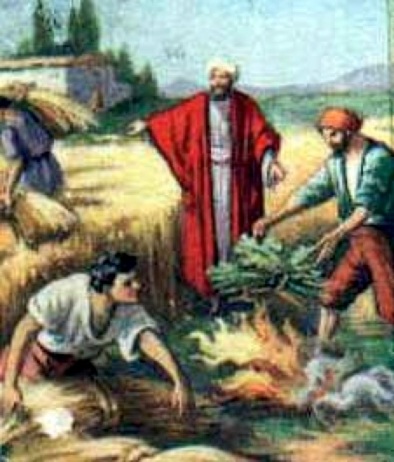
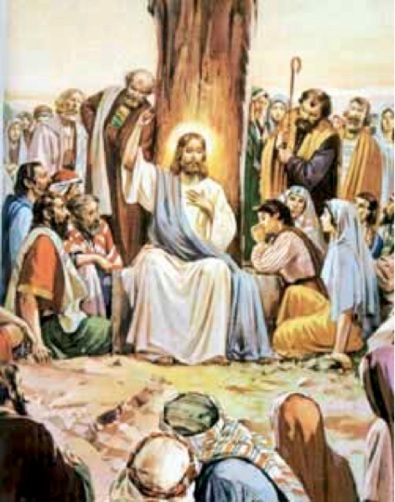
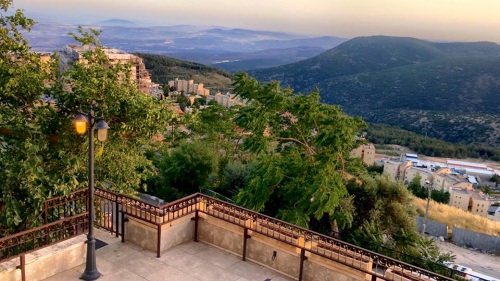 Barry Gilbert
Barry Gilbert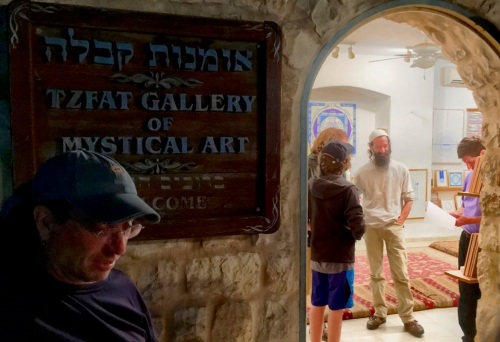 Barry Gilbert
Barry Gilbert Virginia Gilbert
Virginia Gilbert